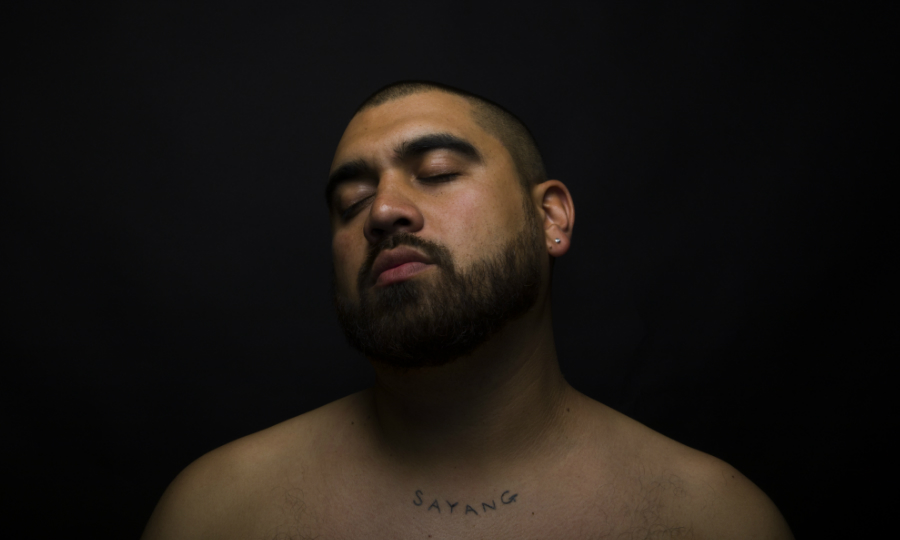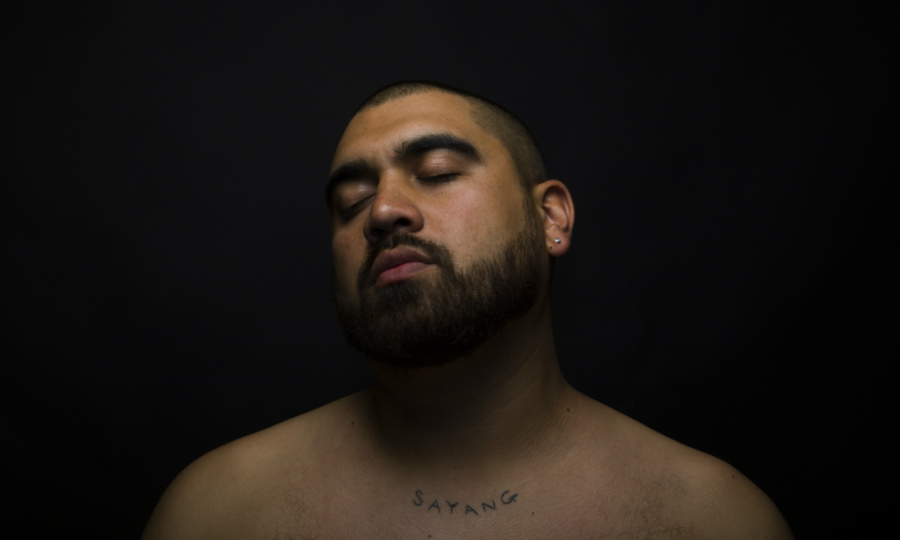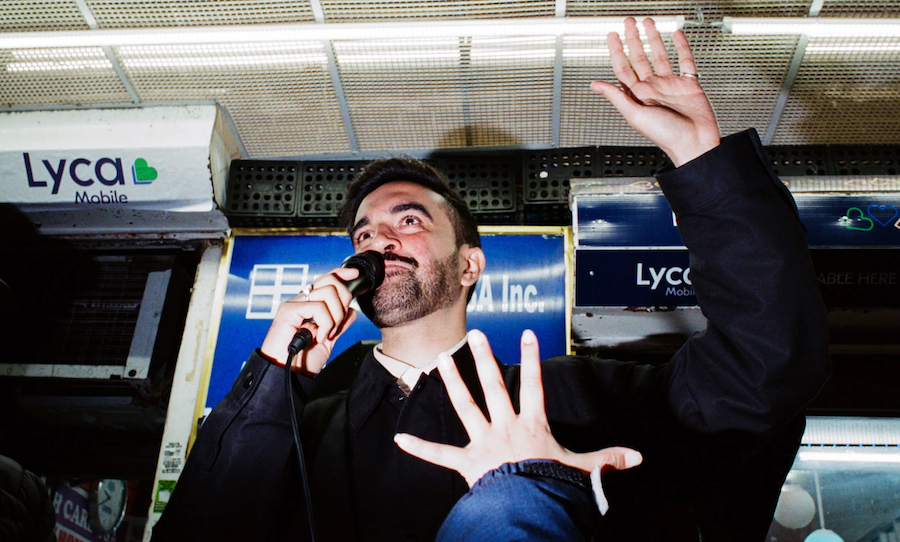Renowned rapper and spoken-word poet, Omar Musa is bringing his powerful new play, Since Ali Died, to Brisbane Festival from the 10th – 14th of September.
Musa’s riveting, politically charged and deeply personal story telling is inspired by the passing of his personal hero, Muhammed Ali. We recently caught up with Musa for a chat before he hits the stage and dives into a powerful torrent of poetry and song.

We chat with Musa about stage presence, Malaysian heritage, and the dark realities of growing up as a brown-skinned Muslim boy in suburban Australia.
HAPPY: Hey, how are things? What are you up to at the moment?
OMAR: Feeling positive, working hard, drinking more water.
HAPPY: You’ve adapted Since Ali Died into a stage production, which is now working its way around Australia. What’s been your favourite part about working with theatre, as a medium?
OMAR: Same thing as with my music or poetry shows — connecting with people of all backgrounds, telling my story, seeing people laugh and cry and lift up together and hopefully, HOPEFULLY, experience something out of the ordinary.
HAPPY: How did Muhammad Ali inspire your childhood?
OMAR: He taught me to be brave, to stand up for what you believe in, to hold yourself with confidence, in a world that often tries to crush you. I was just a nerdy Asian, Muslim kid in Australian suburbia, but his message and personality was so incandescent, it gave me self-believe and strength at a crucial time when I was feeling low in confidence and could have internalised hatred and racism.
HAPPY: And how did you react to the news of his death?
OMAR: I sat in a bar in Redfern and bawled my eyes out.
HAPPY: Do you think your relationship with the audience changes as a result of you being on a theatre stage, rather than a ‘musical’ stage?
OMAR: Not really. It’s still the same old me, bouncing between raw, intense emotion and silly, light-hearted trash talk. A couple of reviewers have seen this as some type of “debut”, but I have been in the performance game a long time. I’ve been on every type of stage, with music, without music, on every continent. I just try to make sure people go away having experienced the best performance I can give them — full energy, full emotion. I respect my audiences and honour them, as they have honoured me by choosing to take a night out of their lives and spend their hard earned ducets on coming to see the show.
HAPPY: How did Anthea Williams help you bring the production to life?
Anthea is great. She read my book, listened to my album, and then interrogated me on them. Together, we identified themes and “characters” and over two of the most intense weeks of my life, welded together this strange beast of a show.
HAPPY: What drew you towards woodcutting? Do you think you’ll keep it up?
OMAR: I was in Borneo visiting family and was asked to perform at the Tamparuli Living Arts Centre, which is the only arts residency in Malaysian Borneo. I saw that they were doing a woodcut workshop and I shyly asked if I could have a go. I was immediately addicted. I have always loved drawing and the visual arts, but had focused on the performing arts and writing, so this was a revelation. Was really nice to do something with my hands. And yes, I will most definitely keep it up. It takes me into a special, free place in my mind.
HAPPY: What’s the single most important piece of creative advice you’ve been given?
OMAR: Make the time — Christos Tsolkias
HAPPY: What’s next for you?
OMAR: I am working hard on my next novel, which I’ve been pecking away at for years. It is a wild, seafaring adventure set in Indonesia and Malaysia. I also have another exhibition before the end of the year.
HAPPY: Thanks for the chat.
OMAR: Thank you!
Catch Omar Musa performing Since Ali Died at:
Brisbane Festival, Brisbane 10-14 Sep
OzAsia Festival, Adelaide, 1-2 Nov
Grab your tickets here.



